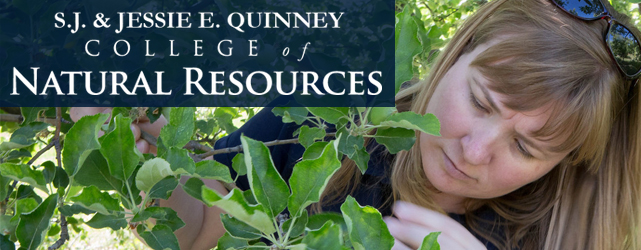Document Type
Report
Journal/Book Title
Global Livestock Collaborative Research Support Program
Publisher
University of California at Davis
Publication Date
12-2009
Abstract
The PARIMA project was created to improve the well-being of pastoralists and agro-pastoralists in northern Kenya and southern Ethiopia via risk-management research, training, and outreach. The project began to collaborate with Egerton University’s Department of Natural Resources in 1998 and many joint activities were undertaken over the next 11 years. Among them were regional household research on pastoral risks and their management, a training program for Egerton teaching staff to obtain post-graduate degrees, facilitation of Egerton faculty and staff to attend professional meetings, and provision of computer hardware and software that led to the creation of a GIS teaching and research laboratory at the Njoro campus. One of the most significant impacts from the project, however, has been the recent emergence of participatory action research that has quickly led to positive impacts on the well-being of some agro-pastoral communities in Baringo District. The approach has also affected the academic culture in Egerton’s Faculty of Environment and Resource Development (FERD). In summary, this long-term relationship forged by PARIMA has been based on the exchange of knowledge, methodologies, and technology. It has inspired a new vision at Egerton that focuses more on the use of practical research to directly engage rural communities and change lives.
Recommended Citation
Aboud A.A., M. Mutinda, S. Muthoka, and D.L. Coppock. 2009. Eleven years of PARIMA activities in north- central Kenya: Impacts on Egerton University and neighboring communities. Research Brief 09-04-PARIMA. Global Livestock Collaborative Research Support Program (GL-CRSP), University of California, Davis. 4 pp.





